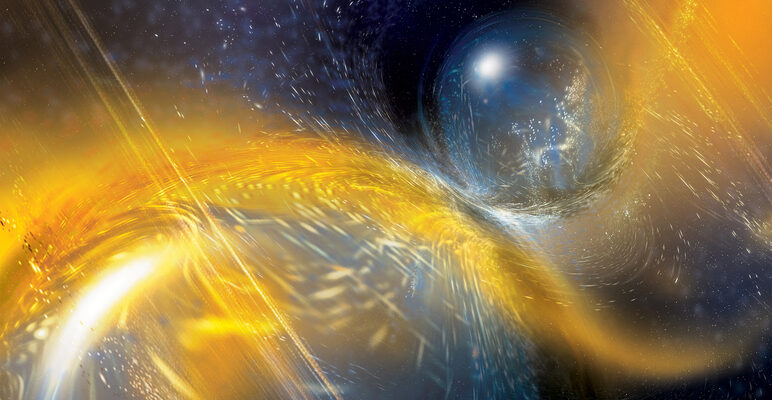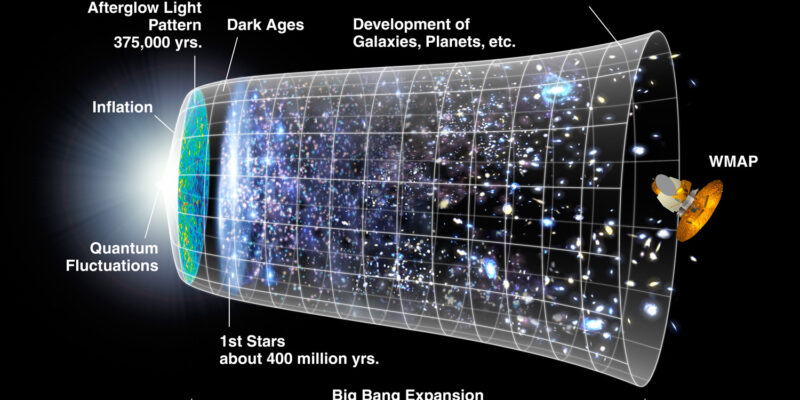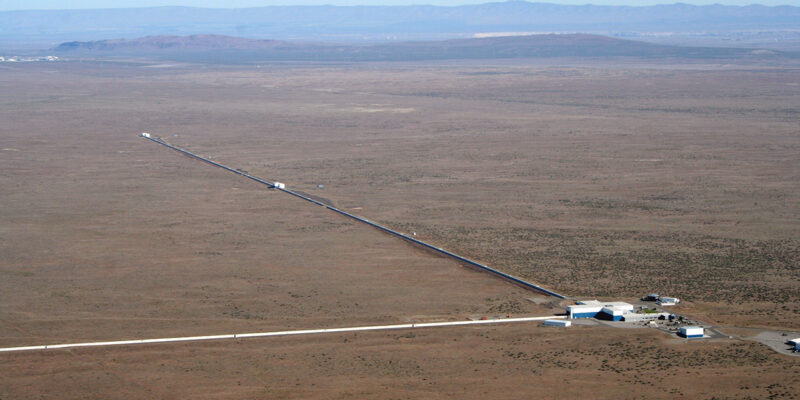Department of Physics
Successful transition to online-only courses for S&T faculty and students
Students and faculty at Missouri S&T are back from spring break and back to meeting virtually after COVID-19 shut down classrooms on the Rolla campus and at the other University of Missouri System universities. The transition to online education has gone fairly smoothly, according to faculty and students.
Read More »Missouri S&T to host Graduate Student Recruitment Day
The College of Arts, Sciences, and Business (CASB) at Missouri University of Science and Technology will host its first Graduate Student Recruitment Day on Saturday, March 7. The informational event is open to college graduates, graduating college seniors and undergraduates interested in attending graduate school.
Read More »LIGO-Virgo network catches another neutron star collision
A new study confirms that the Laser Interferometer Gravitational wave Observatory (LIGO) near Livingston, Louisiana observed a neutron star collision on April 25, 2019. The observation is only the second time researchers detected such an event in gravitational waves.
Read More »Missouri S&T researcher listed among highly cited researchers
The Web of Science Group released its international list of Highly Cited Researchers for 2019 this week and included Missouri University of Science and Technology researcher Dr. Yew San Hor.
Read More »Missouri S&T wins nearly $2 million for supercomputer system to advance statewide computational research and education
Missouri S&T has received a $1.96 million grant from the National Science Foundation to purchase and install a new supercomputing system on its campus in Rolla.
Read More »Missouri S&T graduate to receive 2020 Breakthrough Prize in Fundamental Physics
Missouri S&T physics graduate Dr. Frederick K. Baganoff will receive the 2020 Breakthrough Prize in Fundamental Physics as one member of the Event Horizon Telescope (EHT) Collaboration. Baganoff is a research scientist at the Massachusetts Institute of Technology’s Kavli Institute for Astrophysics and Space Research. He earned a bachelor of science degree in physics from Missouri S&T in 1985.
Read More »Missouri S&T physics professor celebrates 50 years of teaching excellence
The College of Arts, Sciences, and Business (CASB) at Missouri University of Science and Technology will honor Dr. Jerry L. Peacher, associate chair and professor of physics, who has shared five decades of teaching excellence with Missouri S&T. CASB will host a reception in his honor 3-4 p.m. Wednesday, Sept. 4, in the Carver-Turner Room […]
Read More »Missouri S&T joins LIGO and Virgo’s newest research on neutron star smash-ups
This spring semester, Missouri S&T became the state’s only institution to join the worldwide LIGO (Laser Interferometer Gravitational-wave Observatory) Scientific Collaboration (LSC) of researchers committed to detecting cosmic gravitational waves. This research explores the fundamental physics of gravity using the emerging field of gravitational wave science as a tool for astronomical discovery.
Read More »







